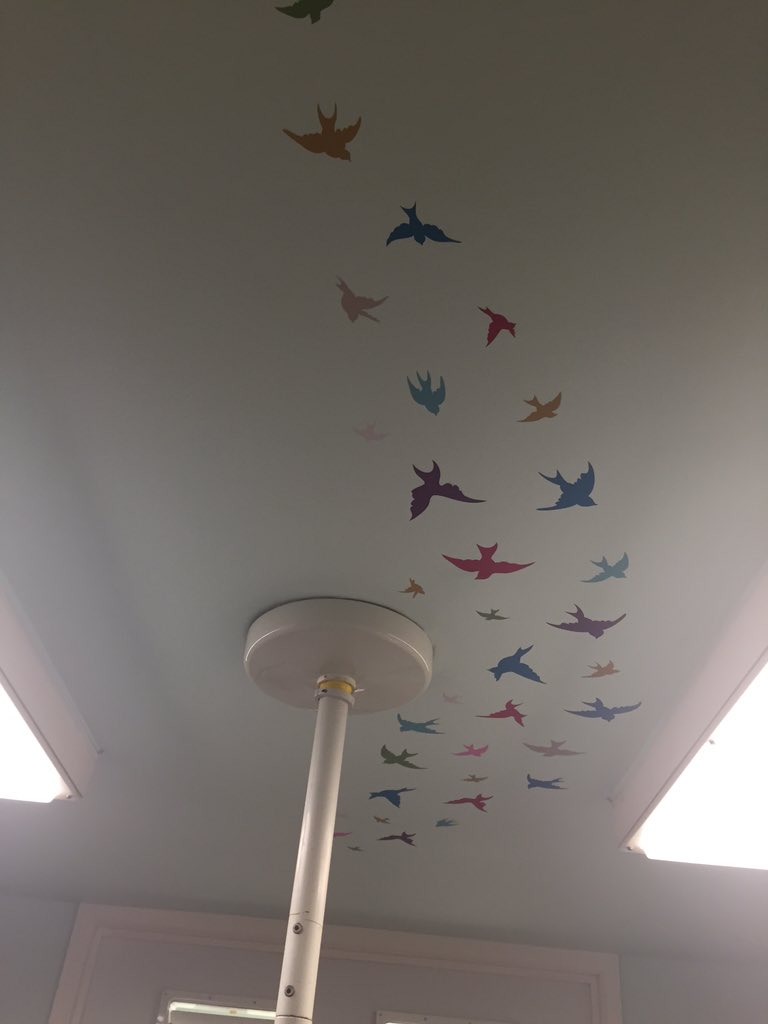Every year, our inspirational director of nursing Duncan Burton holds a nursing conference and at this year’s I heard about how the trust is focusing more on how we care for our patients with dementia.
It struck me that we didn’t do anything for these vulnerable patients when they go to surgery. I started to think about how we could be more welcoming and reassuring at such a scary time, and how we could give relatives and carers the same rights and welcome as those of the children and the patients with learning difficulties that we operate on in theatres.
Not long after this, Duncan signed the hospital up to John’s Campaign and implemented its principles across the inpatient wards. Now, relatives and carers are able to stay with patients with dementia, even overnight if they would like. Duncan’s commitment to providing the best possible care for our patients with dementia has inspired me to implement the same principles in our operating theatres.
Relatives and carers are able to come to theatres with their loved one and stay with them until they have received the anaesthetic and gone to sleep. They can then come down and stay with the patient in recovery as they are coming round after the operation, a time that can be an extremely confusing for any patient, let alone one with dementia.
I feel passionately about doing more for our patients with dementia. We are training staff in theatres to be dementia champions and softening the environment. Our head of volunteering put me in touch with a local artist – Lilli – and she has kindly given up her time to transform our recovery area and decorate the ceilings of our anaesthetic rooms with images of birds, which helps to keep the patients calm while they are being put to sleep.
I have also developed a new leaflet, which very simply explains what will happen to patients when they come to theatres and how we will care for them. Now, at whatever stage in their journey through our hospital, they do not have to be bewildered, frightened and alone.

